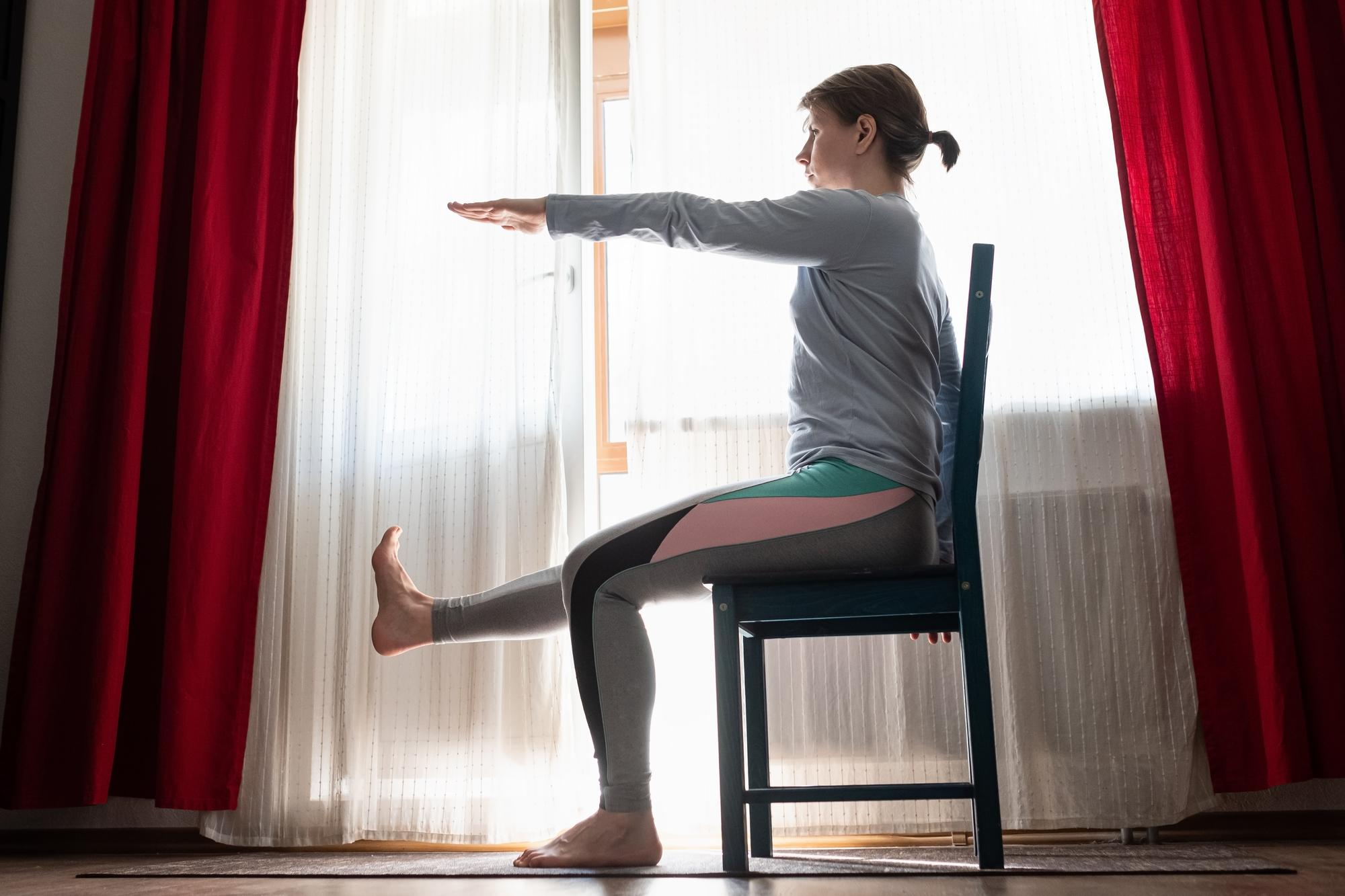Chair restorative yoga is an easy form of yoga that can entail numerous health benefits. It can be more beneficial for individuals who have limited mobility. In this type of yoga, an individual makes use of a chair as a prop to facilitate and support various yoga poses. In this way, you will be able to fully maximise the healing power of chair restorative yoga.

Benefits Of Practising Chair Yoga
If you practise chair yoga on a regular basis, you will be able to avail the following benefits-
Reduced Stress Levels
With the help of certain relation and breathing techniques, you will be able to activate your body’s relaxation response. This will result in reduced stress levels, reduced anxiety and it will promote a sense of calm.
Better Posture
It is particularly beneficial for individuals who sit for prolonged working hours as a part of their job. Chair yoga can help in promoting better posture and alignment, resulting in reduced strain on the spine and your musculoskeletal system.
Improved Flexibility
Even when an individual has limited mobility, chair yoga can help a person in improving their flexibility. It can help reduce joint stiffness and increase joint mobility.
Better Balance And Posture
This type of yoga can be beneficial for people having circulatory issues. Gentle movements and stretches can help in increasing blood circulation.
Improved Mental Clarity
Chair yoga has certain meditative aspects and accompanied with controlled breathing, it can increase mindfulness, mental clarity and concentration.
Improved Sleep Cycle
As it helps reduce your stress levels and improves circulation, chair yoga can improve the quality of your sleep.
Practising chair yoga can also make you more attuned to your body, making you more self aware. You will be able to identify the areas of stress in your body and you will be able to address them proactively. Apart from this, people with chronic pain conditions can also find some relief through this form of yoga. Some poses are especially beneficial for your back, shoulders and neck.
However, before including any exercise in your routine, you should always speak to your doctor or health coach. They will give you the right advice on how a particular exercise can affect your sugar levels.




